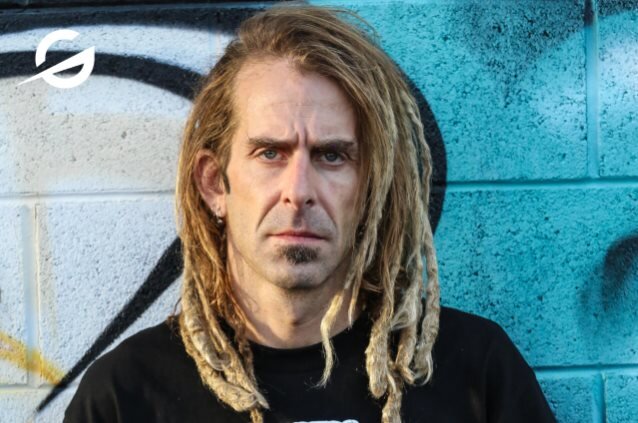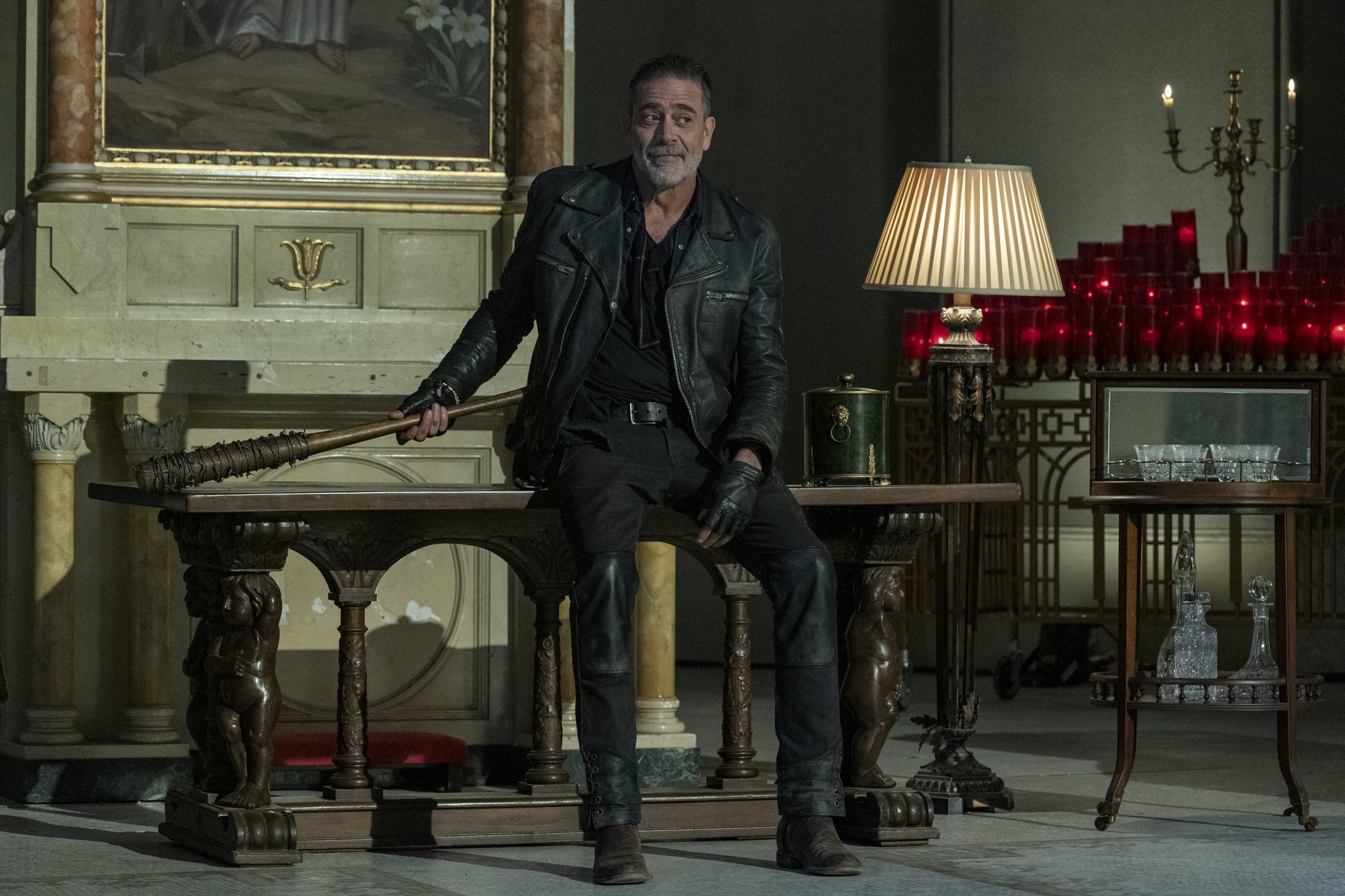LAMB OF GOD's Randy Blythe Reflects On Czech Republic Imprisonment and Manslaughter Acquittal
The gents in Lamb Of God are no strangers to controversy, just look at the bands name. They are a heavy metal act that mixes sludge and hardcore into one amalgam of intense music. One such incident the band and especially lead singer Randy Blythe would like to move past is the front mans imprisonment for manslaughter due to a fan getting injured and subsequently dying due to said injuries.
In a new interview with Drew Stone of The New York Hardcore Chronicles, Randy Blythe goes into details about what exactly happened.
"There was a show we played in Prague in 2010, and a young man was injured. He either leapt or was pushed from the stage, hit his head and died a month later. It was a crazy fucking show, and security was not doing their jobs. But we didn't know anything about it — my band didn't. So we showed back up two years later, and I go to the airport in Prague, and I was excited to go shoot some photos. It was a day off. And there were, like, seven people there. We thought someone was there to get a terrorist — [they were] wearing face masks and machine guns and shit. And they hand me a piece of paper saying I was being charged with manslaughter. We were, like, 'What the fuck?' We had no idea anybody was even hurt [at that show].
"So I went to prison for 37 days in the Czech Republic — a prison in Prague called Pankrác. It was, like, 123 years old at that time. It was like being in a MISFITS song, basically. Then I got out on bail, and was out for, I think, eight months maybe, then went back to trial and was found not guilty.
"So that's the long and short of it. It was a really sad time, and it's super tragic that this young man died," Randy added. "But I felt obligated to go back and face trial, because his family never came at me in the press; they just wanted to know what happened to their kid, and I cannot blame them. So I went back and stood trial and was found not guilty."
Blythe went on to say that the Czech judicial system is "very much" different from the one in the U.S. "For instance, when they granted me bail, the bail was almost a quarter million dollars," he explained. "So we borrowed that from the record label. And they were, like, 'We paid bail, [and] you'll be coming home soon.' And I was, like, 'Okay, cool.' And then the prosecuting attorney objected to the conditions of my bail. In America, you're granted bail, and you go. There, they're, like, 'Nope, you're not going.' So they went back to court while I was sitting in prison, and then they were, like, 'Okay, we're still gonna grant you bail, but now it's double.' So now we're up to almost half a million dollars bail, which is not the type of money we have. Luckily, some rather wealthy friends of ours in the music industry loaned us that money. And then I got out, and then went back and went to trial.
"It's different in that there's a judge who's a professional judge, like here, and then there's two, what they call 'lay' judges," he continued. "They're kind of like their version of jurors. So it's three judges. And it's weird — you've gotta get up and tell your side of the story. It's totally different than any American judicial system. So it was kind of a weird, weird time. But I knew I hadn't purposely tried to injure anyone or anything, and I felt that the kid's parents deserved some answers. So I went back and did my best to explain it to 'em."
According to Randy, he spent a month in Prague preparing for the trial. "Because I couldn't use an American lawyer; you have to use a Czech lawyer," he said. "So our band's lawyer went with me to kind of be an intermediary between the Czech lawyers and my lawyer. And we kind of had to explain what a show is like to three judges who all grew up in communist Czechoslovakia before the fall of the Iron Curtain. There was no reference point whatsoever. We had to explain what stage diving was, what moshing was. It was crazy, dude.
"So, it was not a cheap or fun undertaking — it was a difficult time of my life — but it was something I felt obligated to do. Me going to prison for a little while wasn't fun, but it doesn't compare anything to the loss that family felt. So that's something I kept cognizant in my mind at all times."
Blythe's prison experience inspired two songs on LAMB OF GOD's 2015 album "VII: Sturm Und Drang": "512", one of his three prison cell numbers, and "Still Echoes", written while he was in Pankrác, a dilapidated facility built in the 1880s that had been used for executions by the Nazis during World War II. It also led him to write the memoir "Dark Days", in which he shared his whole side of the story publicly for the first time.
"I think artistically, it was a very valid choice to use those two songs because they come from a very real, very dark place," Blythe told the New York Post back in 2015. "I write about things that are impactful for my life that stir up emotion in me, that affect me, that have some sort of impact within my life. Not that going to prison has no impact in my life, but I was out of prison and I felt it would be disingenuous to use it as a creative well to draw from."
LAMB OF GOD's self-titled album was released in June 2019 via Epic Records in the U.S. and Nuclear Blast Records in Europe. The follow-up to 2015's "VII: Sturm Und Drang" marked the band's first recordings with Art Cruz, who joined LOG last year as the replacement for the group's founding drummer, Chris Adler.












